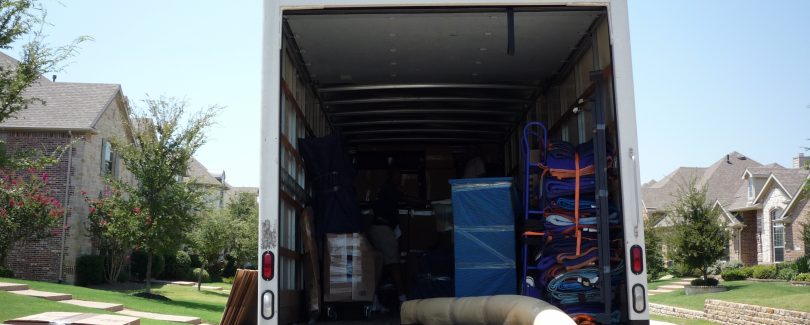Anyone who has moved before can testify that it takes a lot of effort, planning, energy, and time to complete. It is true whether you are moving nearby or across the country. It is important to remember that no two moves are the same. When it comes to local and interstate moves, there are some differences to take into consideration when getting prepared for moving day.
What is a local move? Before you get started on planning, it is essential to establish whether you are moving locally or long distance. Ideally, a local relocation is that of anything under 50 miles. This number can vary depending on what state you live in and the moving company you choose to hire.
What is a long-distance move? If your move will cover more than a hundred and fifty miles or across state or provincial lines, it will often be considered an interstate move by the moving company you choose to hire. You do not have to move across an entire country for it to be considered a long-distance move. Any move that will require significant mileage is considered long-distance, which you need to prepare for accordingly.
How to best prepare for your move will require determining whether you are moving locally or long distance. Below are some of the factors that will vary significantly between moving nearby and far away from your current home.
Moving Costs
The most significant difference between planning for a local move or an interstate move is the cost. If you hire local movers, their services are often priced per hour or by the size of their crew. The more belongings you have to move, the more it will cost. When moving long-distance, extra costs will need to incur to move your stuff. Moving companies will often charge based on the number of things they will move, how much it weighs all together, and how far they will transport it.
If you plan to move without a moving company, you need to plan similar considerations for such as rental truck costs, miles to be driven, and days you need to rent it.
Legal Regulations
When moving locally, many of the moving companies you can hire will already be familiar with requirements and regulations on utilizing moving trucks and offering their services. When moving long-distance, moving companies may need to have you fill out additional paperwork, complete permits, and pay for insurance. Both you and the moving company you hire will need to meet all legal requirements for each state you travel through on the way to your new home.
Personal Checklists
If you move locally, the chances are good that it will not be difficult to acclimate to the new area. However, long distances may require more personal preparation and research. Do some research beforehand to get familiar with the city or state you will be moving to shortly. Ensure your family has access to everything you need and are familiar with the locations of local hot spots.
Moving Quote Process
Most moving companies will quote you over the phone with an hourly rate if you are moving locally. The average hourly cost for most local movers is $25 an hour per crew member. This amount can vary depending on any additional services that are requested.
An interstate move, on the other hand, is generally quoted by an in-home estimate. Charges are quoted based on weight, trip mileage, labor cost, and any additional services performed.
When working with long distance movers, be sure to understand the quote process. Most movers propose moving quotes as binding, not-to-exceed, or non-binding estimates.
- Binding estimates are quotes you agree to pay, depending on a projected weight. At times, your moving company can revise this type of calculation after the actual move depending on any additional services rendered.
- Not-to-exceed estimates are commonly known as “price guaranteed” and are similar to binding estimates in that you agree to pay a specific price. The difference, though, is that the quote depends on the actual weight of the move. Often, not-to-exceed estimates are lower in cost than binding estimates.
- Non-binding estimates are the least common of the three estimate types. With a non-binding estimate, the final price you pay could be more than they assessed. There is no cost assurance with this specific type of quote.










